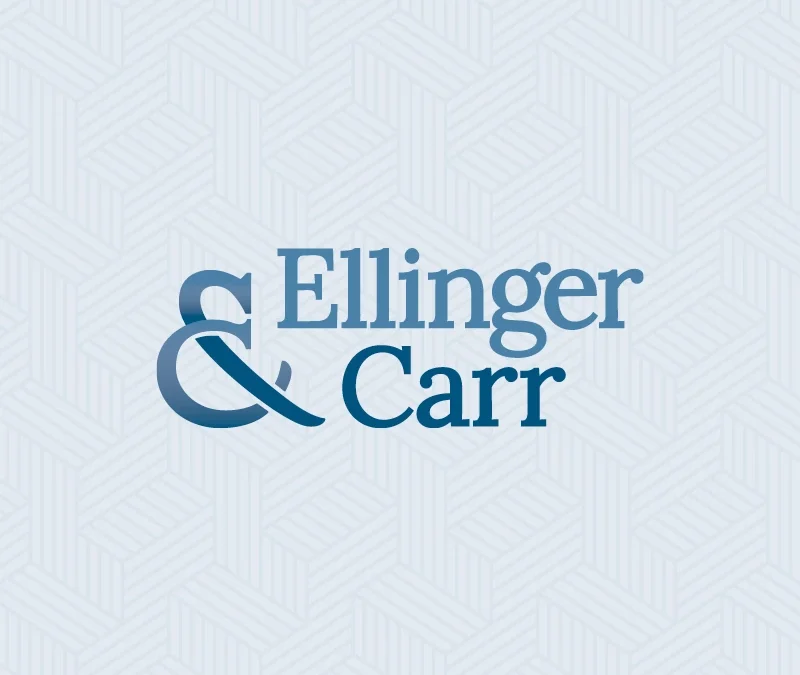North Carolina and Wake County are continuing to keep pace and to set the pace of residential real estate development in spite of months of coronavirus pandemic, and we are bucking the reported slowdown of affordable housing construction elsewhere in the United...

